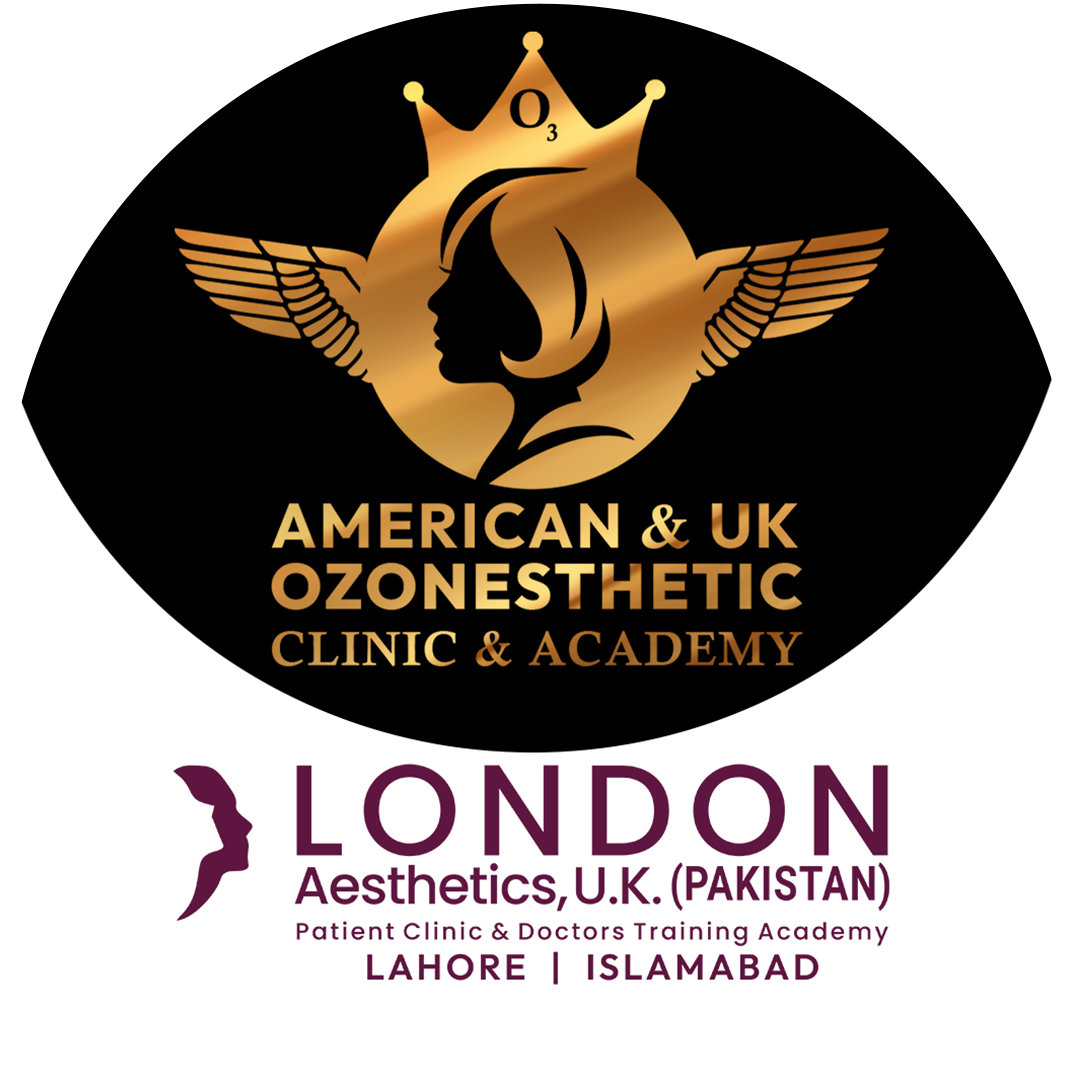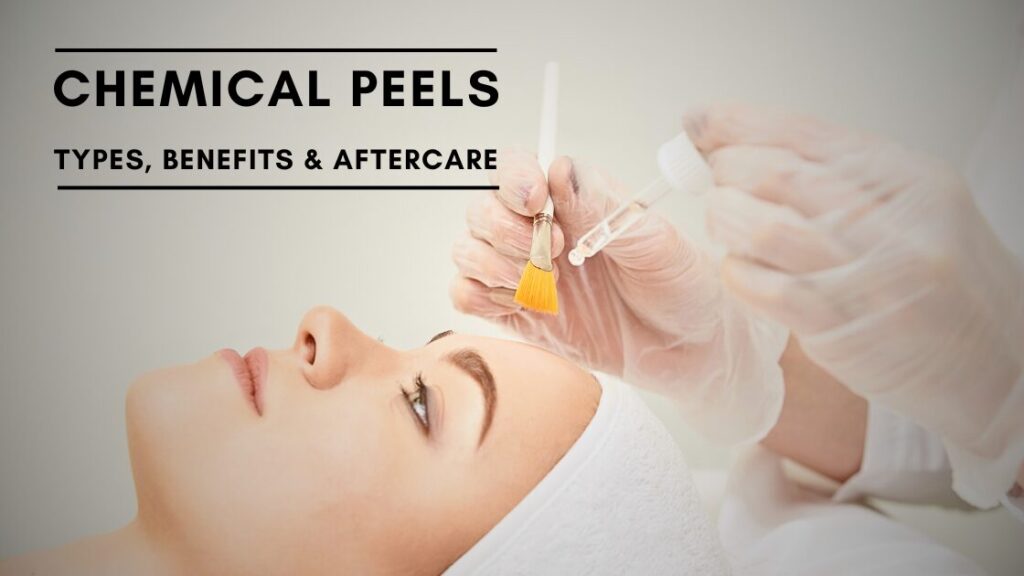As we age, our skin undergoes significant changes, resulting in fine lines, wrinkles, uneven tone, and texture. Chemical peels have become a cornerstone in the realm of skincare and aesthetics, offering a solution to a variety of skin concerns. At American & U.K. Ozonesthetics, our experts are committed to providing the highest quality chemical peel treatments to help you achieve radiant,youthful skin.

Types of Chemical Peels
As our experts at American & U.K. Ozonesthetics explain chemical peels come in three main types: superficial, medium, and deep. Each type targets different layers of the skin and addresses specific skin issues.
Superficial Peels
Superficial peels, also known as light peels, use mild acids like alpha-hydroxy acid (AHA) or beta-hydroxy acid (BHA) to gently exfoliate the outermost layer of the skin. These peels are ideal for treating minor skin imperfections such as fine lines, mild acne, and uneven skin tone.

Medium Peels
Medium peels penetrate deeper into the skin using stronger acids like trichloroacetic acid (TCA). They are effective in addressing moderate skin issues, including age spots, deeper wrinkles, and moderate acne scars. Medium peels can result in more noticeable
Deep Peels
Deep peels utilise powerful acids like phenol to reach the deeper layers of the skin. These peels are used for severe skin issues such as deep wrinkles, significant sun damage, and pronounced scars. Due to their intensity, deep peels require a longer recovery time but offer dramatic results.

Benefits of Chemical Peels
- Improved Skin Texture: Enhances smoothness and radiance
- Reduced Fine Lines and Wrinkles: Plumps and firms the skin
- Even Skin Tone: Fades hyperpigmentation and age spots
- Acne Treatment: Unclogs pores and reduces inflammation
- Collagen Stimulation: Boosts skin elasticity and firmness

Aftercare Tips
Proper aftercare is crucial to maximise the benefits of a chemical peel and ensure safe healing. Here are some essential aftercare tips:
Avoid Sun Exposure: The skin is particularly sensitive after a chemical peel. It’s vital to avoid direct sun exposure and use a broad-spectrum sunscreen with an SPF of 30 or higher to protect your skin.
Keep the Skin Moisturized: Hydrate your skin regularly with a gentle, non-irritating moisturiser. This helps to soothe the skin and promote healing.

Avoid Picking or Peeling the Skin: As tempting as it may be, avoid picking at the peeling skin. Let it naturally shed to prevent scarring and infection.
Follow a Gentle Skincare Routine: Use mild, non-abrasive cleansers and avoid products with strong active ingredients like retinoids or acids until your skin has fully healed.
Stay Hydrated: Drinking plenty of water helps to keep your skin hydrated from the inside out, aiding in the recovery process.
Chemical peels at American & U.K. Ozonesthetics can significantly enhance the appearance and health of your skin. Whether you’re looking to improve texture, reduce wrinkles, treat acne, or even out your skin tone, there’s a chemical peel that’s right for you. Always consult with a qualified skincare professional to determine the best type of peel for your skin type and concerns, and adhere to proper aftercare to ensure optimal results.
Bibliography
- Chemical peel – Mayo Clinic. (2024, March 13). https://www.mayoclinic.org/tests-procedures/chemical-peel/about/pac-20393473#:~:text=Chemical%20peels%20are%20used%20to,take%20longer%20to%20recover%20from.
- Professional, C. C. M. (n.d.-b). Chemical peels. Cleveland Clinic. https://my.clevelandclinic.org/health/treatments/11010-chemical-peels
- Gotter, A. (2023, April 25). What you should know about chemical peels. Healthline. https://www.healthline.com/health/chemical-peels
- Chemical peels and your skin. (2023, September 18). WebMD. https://www.webmd.com/beauty/cosmetic-procedures-chemical-peel-treatments
- American Society for Dermatologic Surgery. (n.d.). Skin experts. https://www.asds.net/skin-experts/skin-treatments/chemical-peels






